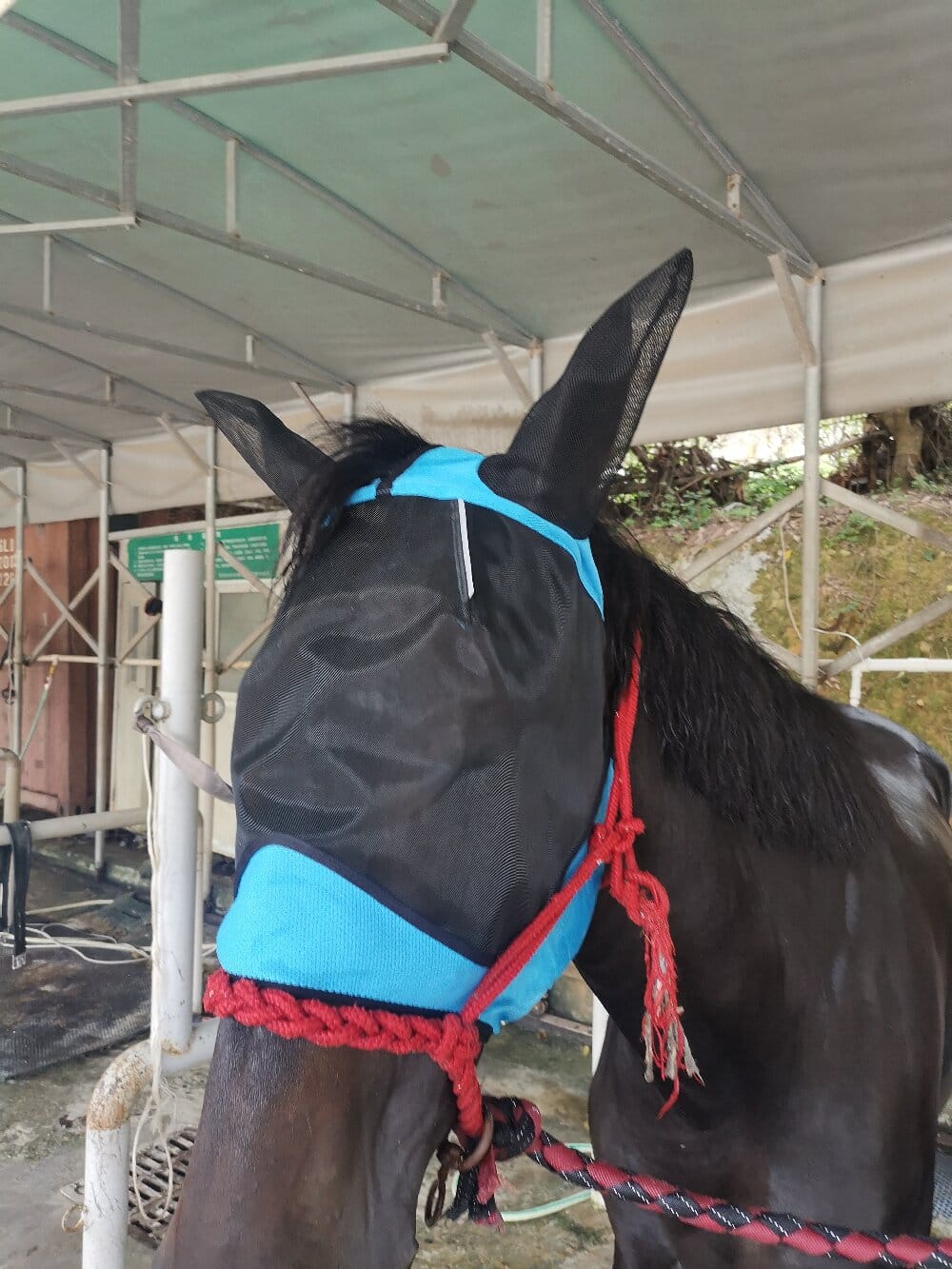As equestrian care continues to evolve, the horse fly mask remains an essential tool for safeguarding horses from pests and environmental irritants. These protective coverings, designed to shield a horse’s eyes, ears, and face from flies, mosquitoes, and UV rays, are expected to undergo significant advancements in the coming years. With growing awareness of animal welfare and technological progress, future iterations of fly masks will likely integrate smarter materials, enhanced comfort, and even eco-friendly designs.
Why Horse Fly Masks Are Here to Stay
The demand for fly protection gear is unlikely to diminish, given the persistent challenges posed by insects and sun exposure. Horses are particularly vulnerable to fly-borne diseases, allergic reactions, and stress caused by constant irritation. Modern fly masks already address these issues, but future models will likely focus on:
- Durability: Longer-lasting fabrics resistant to wear and tear.
- Breathability: Improved airflow to prevent overheating.
- Customization: Tailored fits for different breeds and face shapes.
Technological Advancements in Fly Mask Design
Innovation in equestrian gear is accelerating, and horse fly masks are no exception. Researchers and manufacturers are exploring:
- Smart Fabrics: Materials that repel insects naturally without chemicals.
- UV-Blocking Technology: Enhanced protection against harmful sun rays.
- Biodegradable Options: Eco-friendly masks to reduce environmental impact.
These advancements will not only improve functionality but also align with sustainable practices, appealing to environmentally conscious horse owners.
The Role of Comfort in Future Fly Masks
Horse comfort is a top priority, and future fly masks will likely prioritize ergonomic designs. Expect features such as:
- Softer, hypoallergenic linings to prevent skin irritation.
- Adjustable straps for a secure yet gentle fit.
- Lightweight materials that don’t impede movement.
Such improvements will ensure horses remain at ease while wearing their protective gear, reducing the risk of rubs or discomfort.
Environmental and Ethical Considerations
As sustainability becomes a global priority, the equestrian industry is adapting. Future horse fly masks may incorporate:
- Recycled or plant-based fabrics.
- Non-toxic insect repellents.
- Reduced packaging waste.
These changes will cater to owners who seek ethical products without compromising on quality or protection.
Conclusion: A Bright Future for Fly Protection
The horse fly mask is set to become more advanced, comfortable, and eco-friendly in the years ahead. With innovations in materials, design, and sustainability, these essential accessories will continue to play a vital role in equine care. Horse owners can look forward to products that not only protect their animals but also align with modern values of environmental responsibility and animal welfare.

